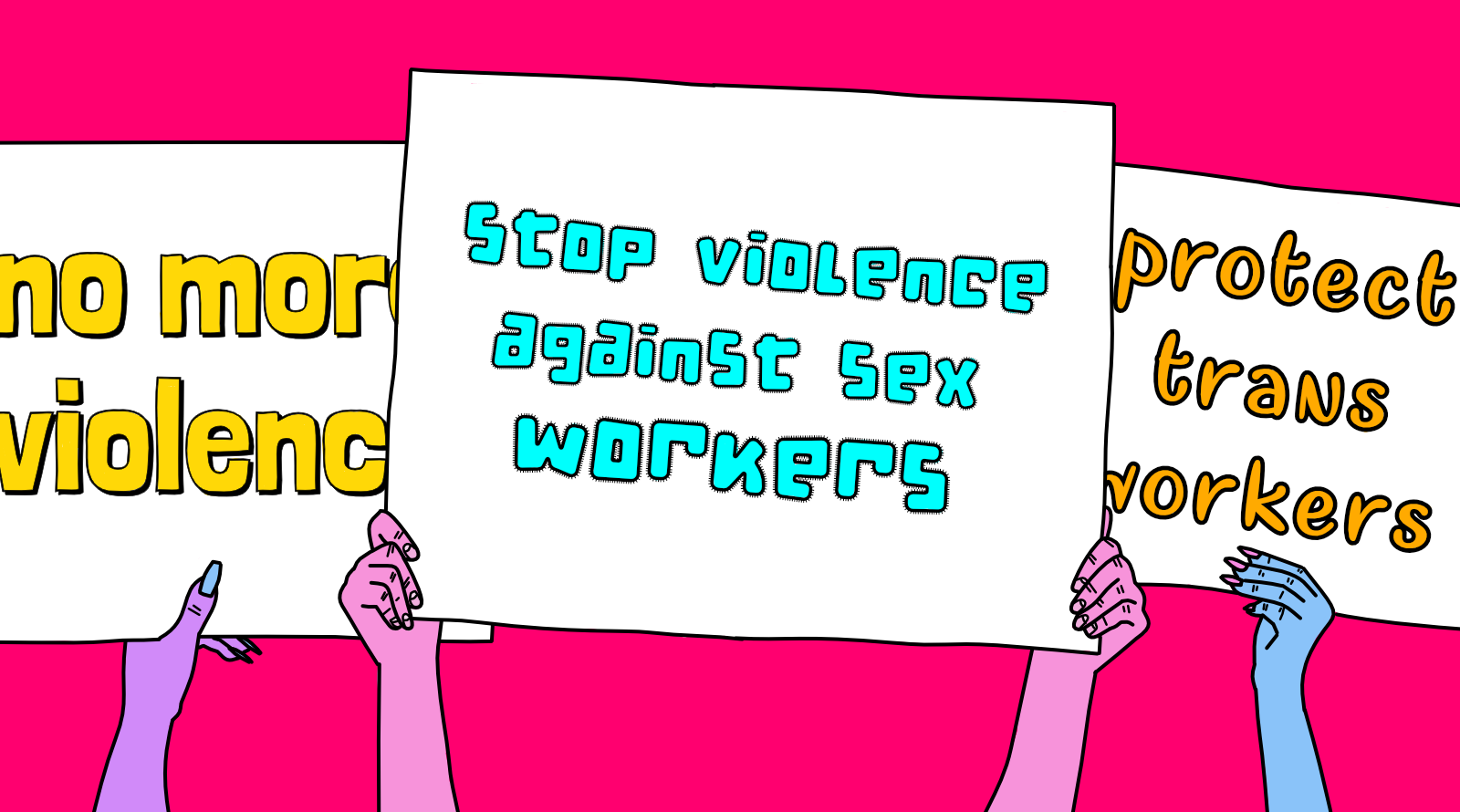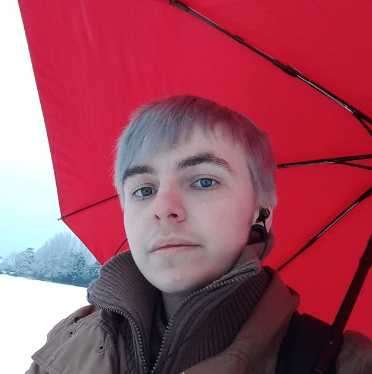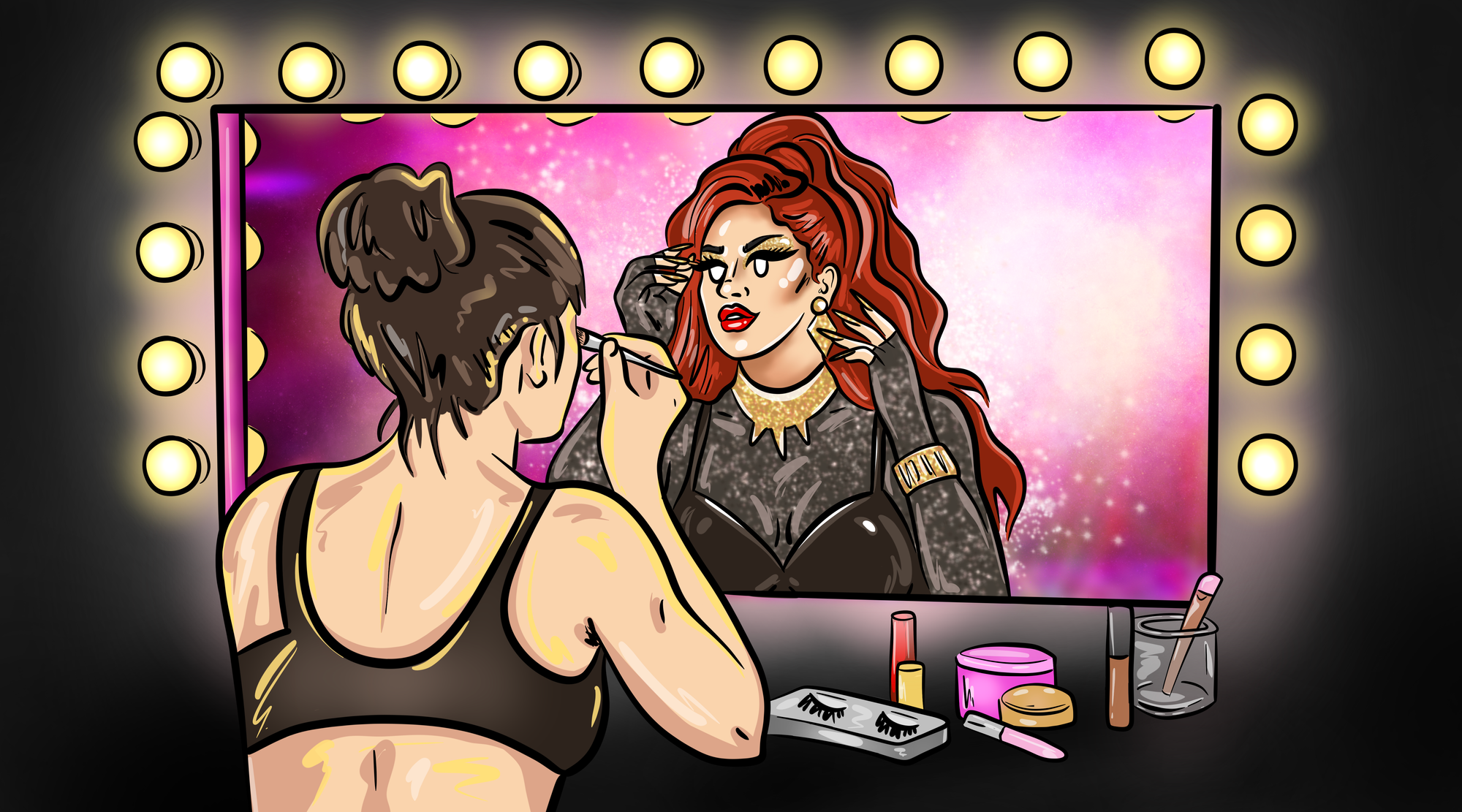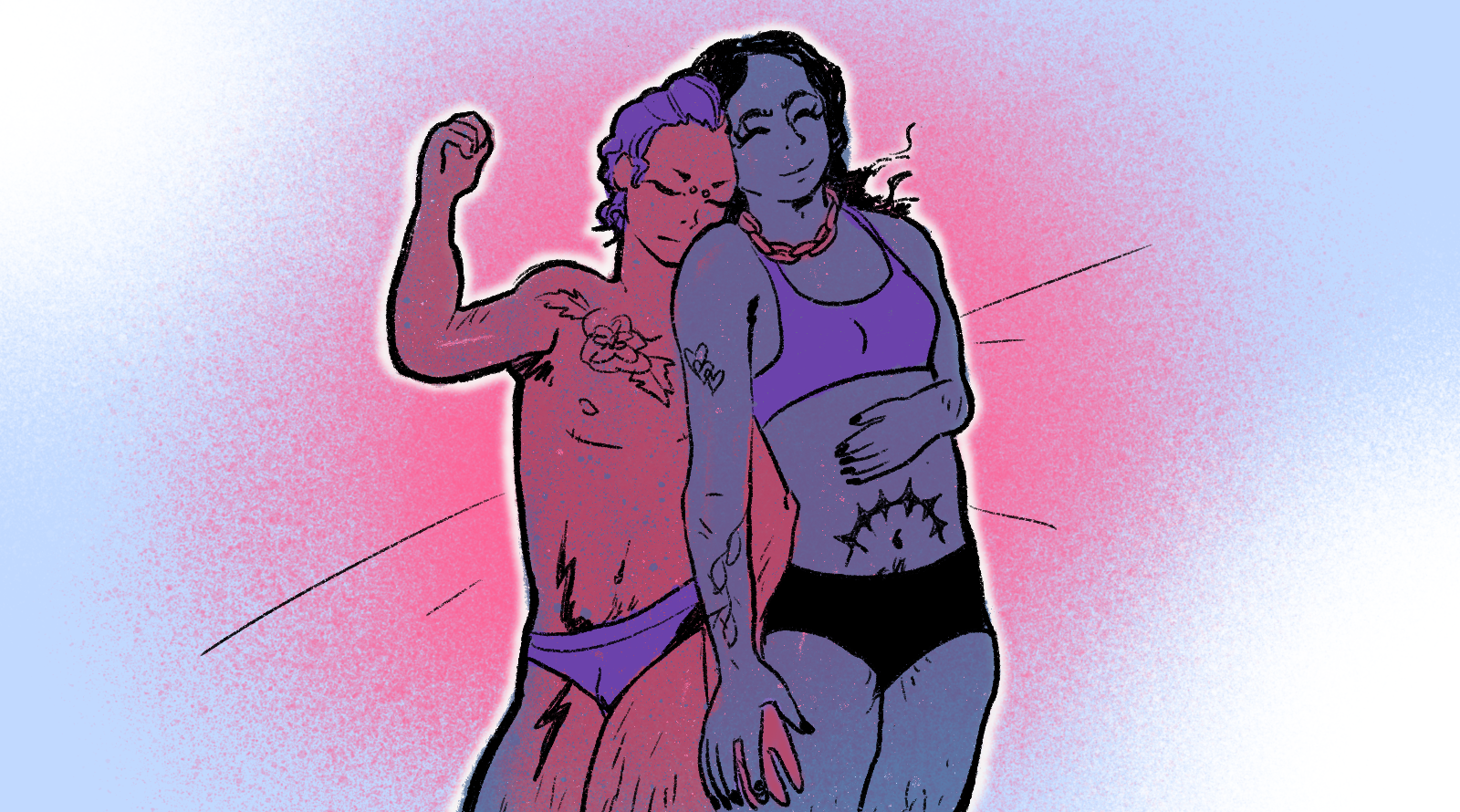Editor's note: this article contains mentions of violence, transphobia, homophobia, etc
Sex workers and queer people do not need to be murdered to be harmed or to die as a result of violence and stigma. Whorephobia, transphobia and homophobia contribute to our deaths and our pain in a variety of ways. Inaccurate statistics on murder rates might work for shock value, to maybe get a small number of people invested in queer sex workers’ plight, yet reducing the dangers we face to a singular type of violence is ultimately counterproductive. We can’t know how many of us even experience these kinds of violence in total, because our status as sex workers and queer people is rarely reported or recorded with our deaths.
The legal system is not only disincentivized from recording the extent of the harm that sex workers and queer people face, so that it can avoid criticism from the public, but the police and courts themselves are major perpetrators of that harm. This harm is often achieved through the creation of laws punishing obscenity or deviance, as defined by those in power.
Sometimes laws which exist to police those who are homeless, sex workers and/or transgender all collide. The criminalization of loitering and solicitation of sexual services occurs at the discretion of individual police officers. Sex workers may be cautioned, fined or arrested for publicly advertising to our clients depending on the country we live in and the mood of the local law enforcement on a particular day. Transphobia and bigotry against those who do not conform to gender roles leads to the arrest of people for solicitation simply for being visibly trans or gender non-conforming. Existing in a public space as a trans woman especially is viewed as evidence of an intent to seduce, then combined with class, lead police to suspect them of selling sex.
Whorephobia, transphobia and homophobia contribute to our deaths and our pain in a variety of ways.
Both queer people and sex workers also experience abuse in medical settings. We are denied treatment, blamed for our illnesses, and medical professionals fail to consider our specific needs because of prejudice. The AIDS epidemic is a good example of this. When an illness primarily impacts groups that the government does not care about, it is permitted to spread and kill us in a way that they are no less at fault for than if they ordered us to be executed. David Wojnarowicz, who ultimately died of AIDS-related complications in 1992, wore a defiant message on the back of his jacket: “If I die of AIDS – forget burial – just drop my body on the steps of the F.D.A.”
Where sex work is criminalized, rates of HIV are higher. Combined with a lack of available treatment in many countries, this leads to a significant death toll among sex workers. Across sub-Saharan Africa in particular, women who engage in sex work are far more likely to contract HIV than those who do not. Organisations like ASWA (African Sex Workers Alliance) are fighting to change that reality by demanding decriminalization and HIV treatment for sex workers of all genders (explicitly including trans sex workers), but achieving these goals is an uphill battle against entrenched stigma.
From those outside of these marginalized communities themselves, awareness of our struggles are vague. The general public are aware that sex workers and queer people face high rates of violence due to hate crimes, but they fail to grasp the extent of how our oppression exposes us to harm. Unfortunately, because our populations tend to avoid being monitored and those in power are disincentivized from exposing the damage they are responsible for, the sources available to those who are curious and want to educate themselves, are lacking.
Every year in the run-up to Trans Day of Remembrance (TDR, November 20th) or International Day to End Violence Against Sex Workers (IDEVASW, December 17th) I see people quoting figures from the Trans Murder Monitoring (TMM) project about how many trans people are murdered per year and the percentage of those people who did sex work. These numbers are not accurate. This is not the fault of the project in concept, but of a failure to contextualize how few murders of trans people the project is able to capture. A major drawback of quoting these statistics uncritically is that the restrictions on data collection lead to lower numbers that downplay the reality of the violence that trans people and sex workers face every day.
TMM recorded the murder of 350 trans people in 2023, 46% of whom were known to be sex workers. Every murder victim deserves to be remembered as an individual, and commemorating the trans people who were killed every year as best we can is a noble goal. The same applies when reading lists of names during IDEVASW each year, as I did last year at Crossbones cemetery with sex worker friends and allies. We must simply recognize that these lists of names are not exhaustive.
Restrictions on data collection lead to lower numbers that downplay the reality of the violence that trans people and sex workers face every day.
Correcting the data feels ghoulish when we should just be free to grieve, but it matters. TMM records the number of murders using reports from a small number of organisations and individuals and news reports. No government or large agency records whether murder victims were trans. If only 350 trans people were murdered in 2023, that would be so shockingly low compared to the average global rate. The estimated annual global murder rate for all people is around 5.61 people per 100,000. If trans people were only murdered as often as cis people are, that would mean we'd expect around 4,500 murders per year (assuming we make up only 1% of the global population). When the total is off by an order of magnitude, how can we trust the percentage stated to be sex workers?
Regardless of the real magnitude of the murder rate of sex workers and queer people, we can be sure that any group who are considered deviant will be killed or pushed to kill ourselves for our differences. Our deaths are not always at the end of a weapon or fists, but more often systems, and we know who to blame. On this year’s International Day to End Violence Against Sex Workers, I will be thinking of those who were subjected to forms of violence that are not so easily recognized and I urge others to do the same.
Are you a sex worker with a story, opinion, news, or tips to share? We'd love to hear from you!
We started the tryst.link sex worker blog to help amplify those who aren't handed the mic and bring attention to the issues ya'll care about the most. Got a tale to tell? 👇☂️✨





